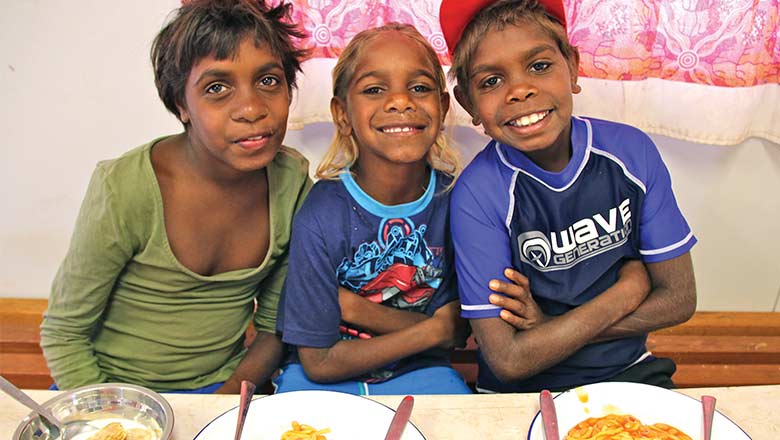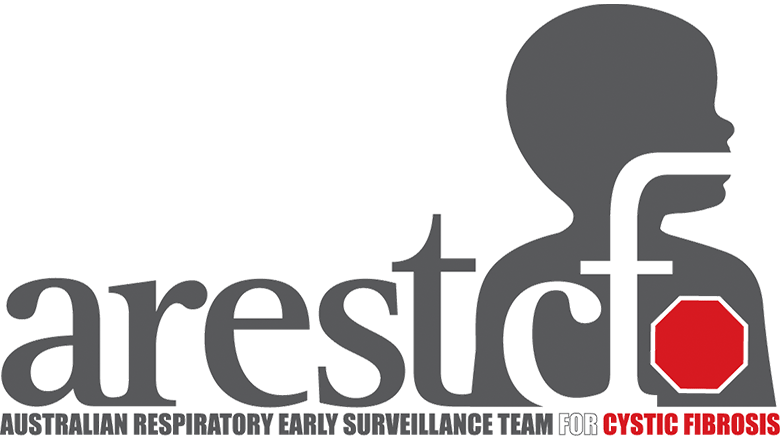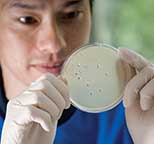Search

A good healthy breakfast is not just a vital foundation for a productive day but can lay the groundwork for a community to pull together to overhaul its health.

We all know how important it is to vaccinate a child against harmful diseases but vaccinating a child at the right wrong age can cost lives.

As our Founding Director Fiona Stanley puts it, The Kids Research Institute Australia was formed on a "wing and a prayer".

Autism researcher Professor Andrew Whitehouse was on 720 ABC Perth yesterday taking questions on child health.

A Kids Research Institute Australia researcher has been awarded $10,000 from the New Independent Researcher Infrastructure Support (NIRIS) award.

Do you want to know how to protect your kids online? The Kids Research Institute Australia's Professor Donna Cross outlines her top ten tips for cyber safety in this video.

A world-leading cystic fibrosis research program, based at The Kids Research Institute Australia, is a finalist in the 2015 Australian Museum Eureka Prizes.
The Kids researcher Dr Hannah Moore has been named Woodside Early Career Scientist of the Year at the 2015 Premier's Science Awards.

The Kids Research Institute Australia is proud to feature our commercial spin-off company, Phylogica, in the West Australian's Empowering Innovation series.
The Board and staff of The Kids Research Institute Australia are mourning the passing of former Institute Board member and supporter Sir James Cruthers.
